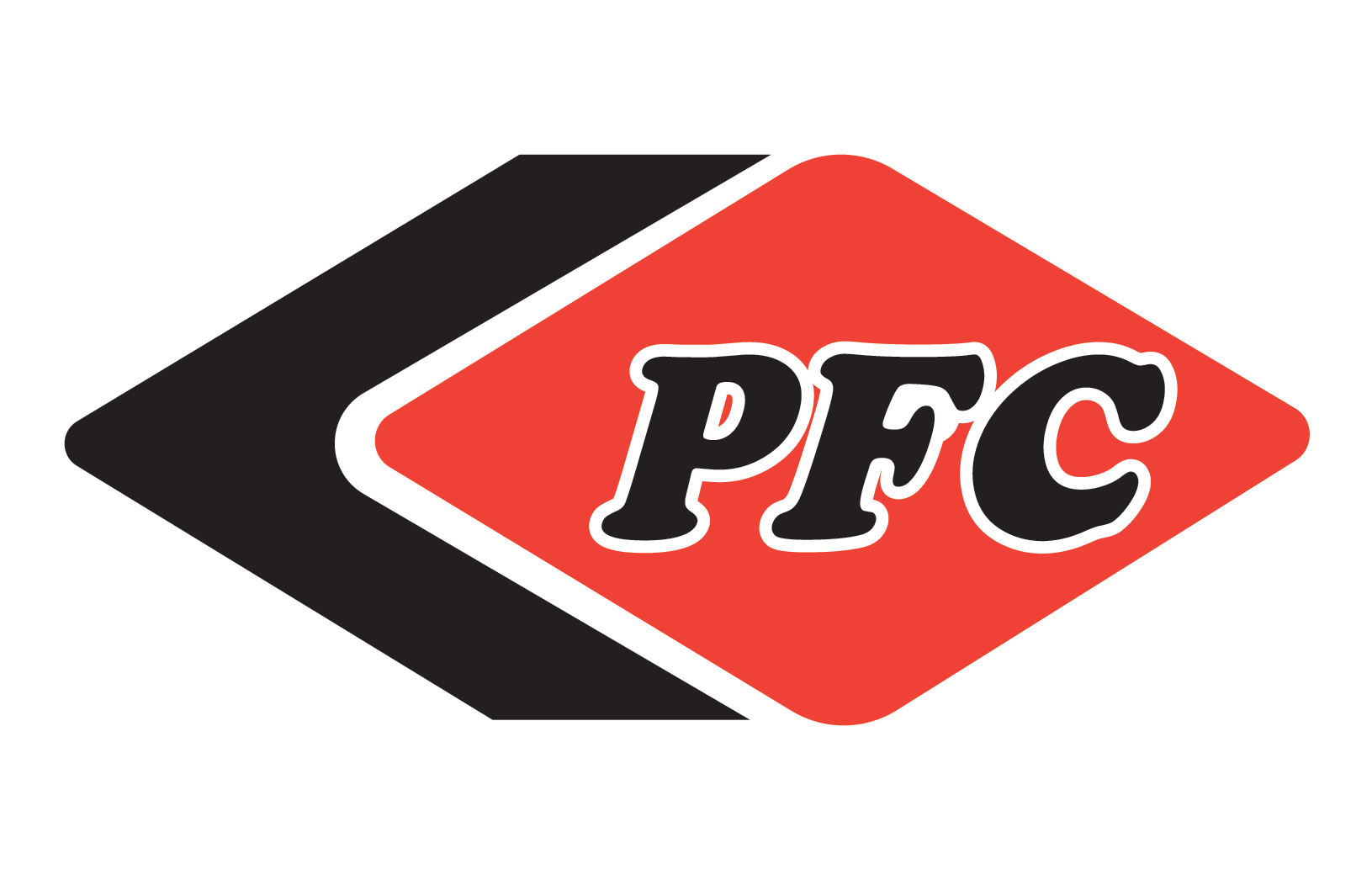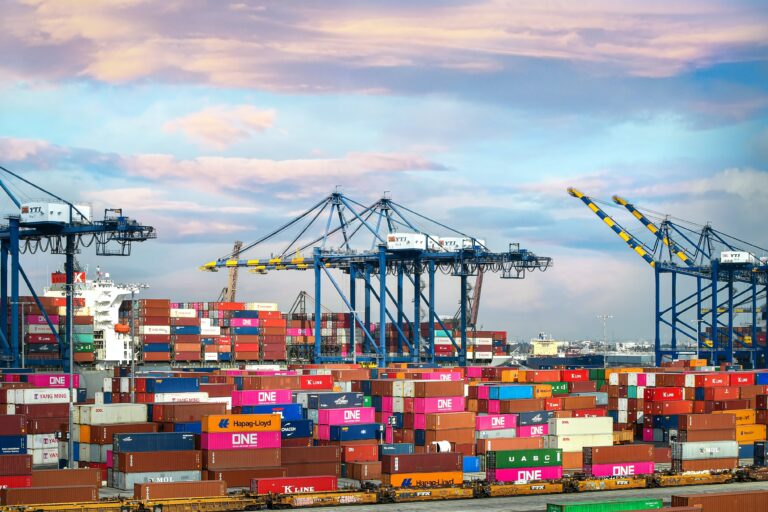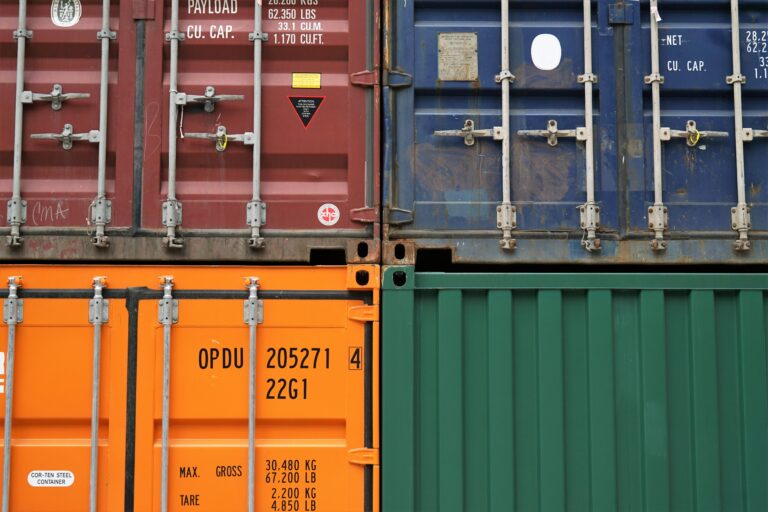CETA Signing
Prime Minister Justin Trudeau affixed his signature to the Comprehensive Economic and Trade Agreement (CETA) this past weekend. This deal is still not done and is dependent on the European Parliament’s approval and ratification by 28 EU countries, which could take years.
Approximately 200 reservations to CETA were made on behalf of Canada’s provinces & territories. One example is Newfoundland and Labrador’s rights to maintain and regulate the exploration and development of hydrocarbons, such as oil production. Other items controlled by Canada include forestry, gambling, natural resources, and alcohol.
Under CETA, duty will be relieved on an estimated 99% of goods. Beneficiaries, such as the textile and agricultural sectors, will obtain a huge advantage. Canada will be able to export larger quotas of pork, beef, and wheat to the EU countries. In turn, EU dairy producers will benefit by the ability to send more than double the amounts of the current quota of “high quality” cheeses to Canada.
CETA opens up major trade lanes for Canada to the EU countries, resulting in a reduced dependency on the USA. The EU market has a potential market to Canadian companies of 508 million consumers, representing an estimated trade boost for Canada of $12 billion Canadian dollars per year. For comparison, Canada’s population is currently 38+ million and the USA, 340+ million.







